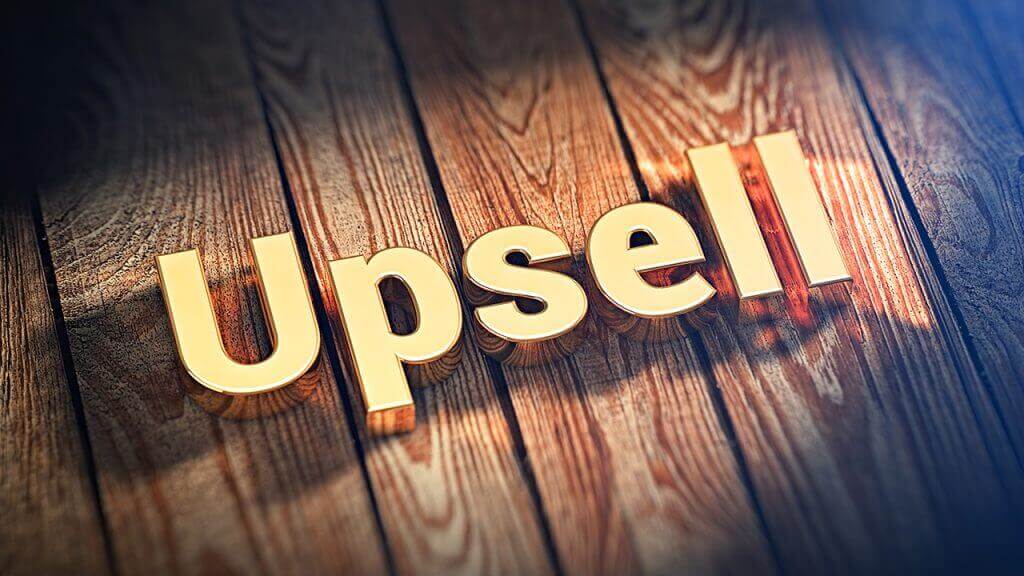
In an experience-driven industry like hospitality, online upselling is one of the easiest strategies a marketer can use to drive additional revenue. When the guest is already committed to booking, giving them the option to enhance their experience isn’t just a matter of asking; it’s a matter of basic consumer psychology. In fact, a national survey shows that 61% of participants would be willing to purchase an additional service if it’s “relevant, enhances their experience, or saves them time or money.”
For all the easy revenue on the table, however, upselling does come with a risk. There’s a fine line between offering an exclusive, personalized upgrade package and inundating the guest with endless add-ons that do more harm than good. Cross that line and chances are the guest might even abandon the reservation altogether.
Having closely studied upsell behaviors in building booking engines for my agency’s hotel clients, here are some simple recommendations to help you upsell your hotel products in a simple, actionable manner.
1. Consolidate your upsell products into a ‘passive’ offer.
It’s common practice for hotels to dedicate a separate page of the booking engine exclusively for upselling. Be it chocolate-covered strawberries or room category upgrades, the belief is that guests will be more likely to upgrade when they’re forced to scroll through the entire page before proceeding to the next step.
While this practice may work for some, I tend to stand on the opposite side of the argument. Forcing a guest to scroll through a full list of upgrades is like forcing a YouTube user to watch a 30-second ad before accessing their intended content. Does it work sometimes? Sure. Will it build unnecessary frustration? Absolutely.
Based on A/B testing with client engines, my agency has found that every additional page of a booking engine increases drop-off rate by as much as 40%. To address this problem, I suggest embedding upsell offers within the final step of the booking process — not as its own page, but as a “passive” promotional box along the top of the page. In other words, guests don’t have to click “no thanks” in order to scroll past it — they either click “yes, please upgrade” or ignore it altogether.




